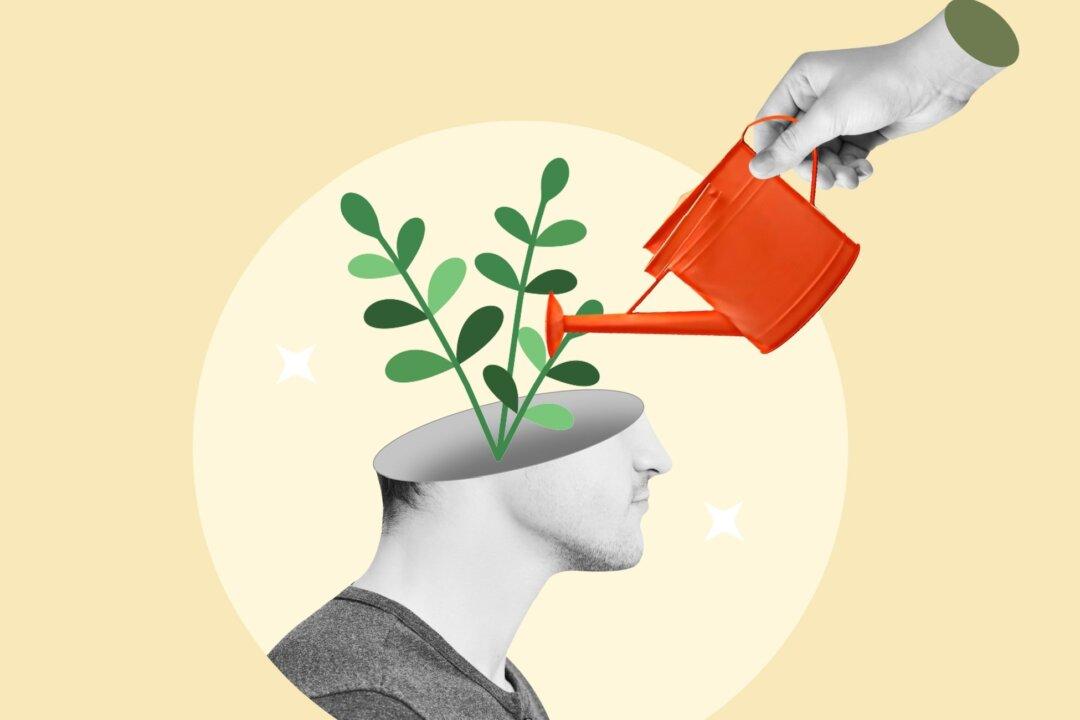Bailey Jean Matheson recently died of cancer at age 35, touching people all over the world by writing her own obituary. Matheson expressed gratitude for her loving family and friends and for her beautiful, but short, life.
She closed her obituary with this advice: “Don’t take the small stuff so seriously and live a little.”






